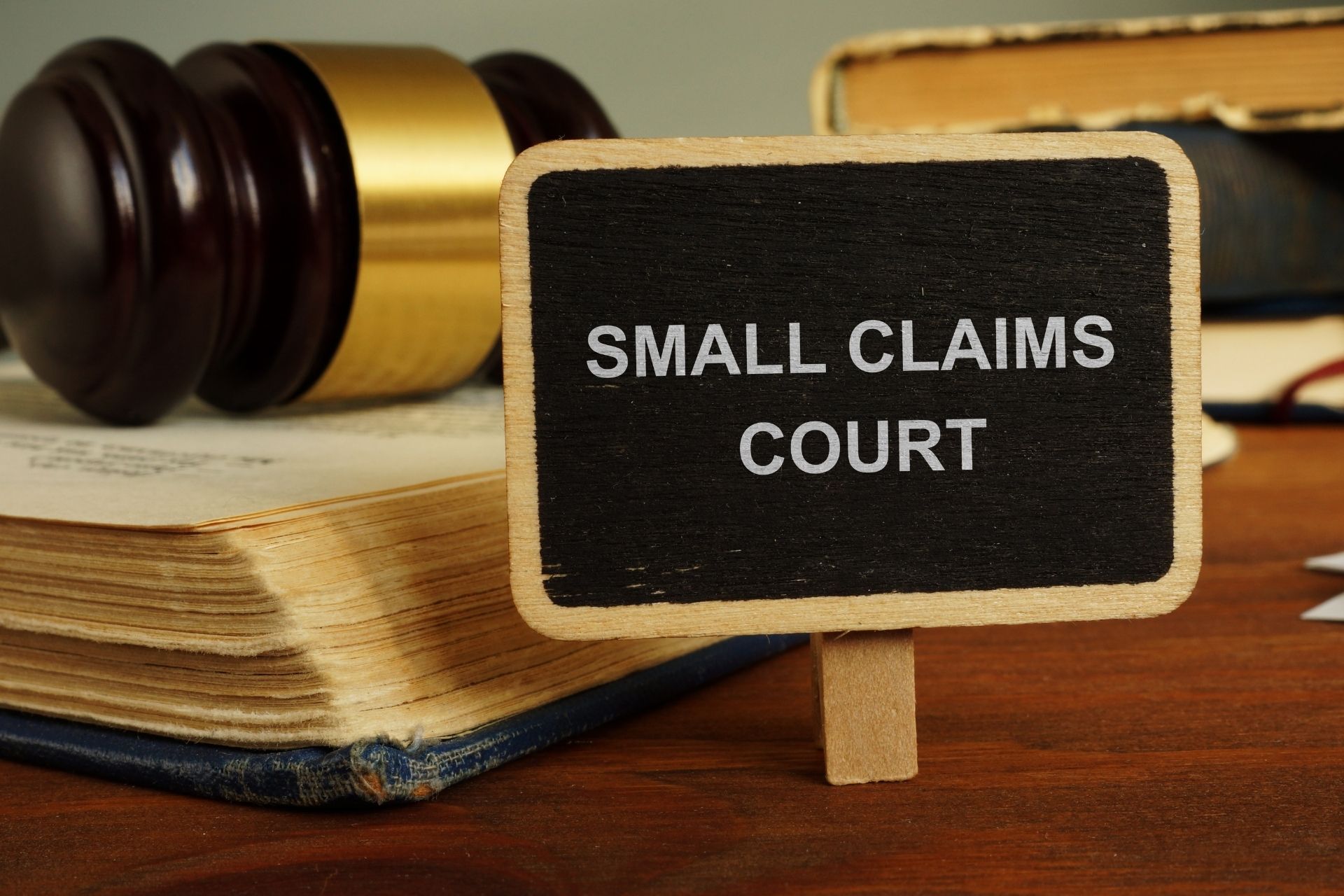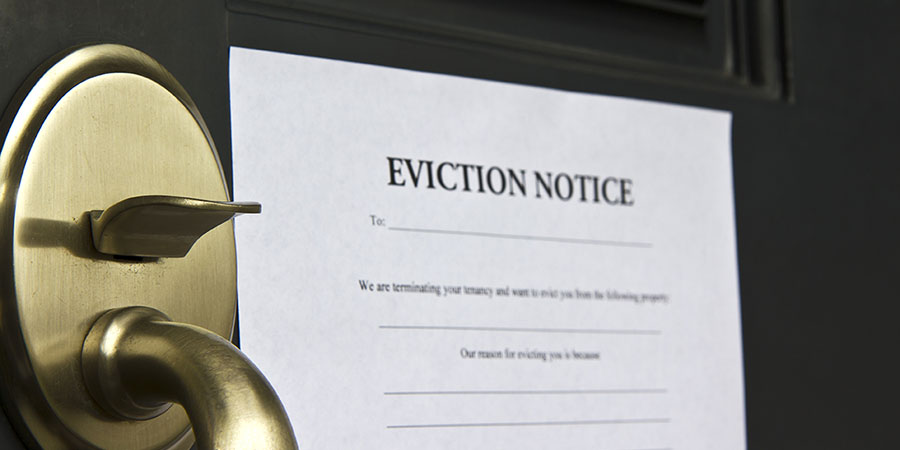ONE OF THE POSTS
Blog posts
Landlords and Tenants Taking Each Other to Court Over a Deposit

With the coronavirus COVID-19 pandemic continuing interminably, many courts are still closed or working virtually, trying to get through the backlog of cases that have been piling up since March. The pandemic put a stop to evictions for any reason, including non-payment or holdovers.
As state and federal laws delaying any actions are coming to an end, landlords are starting the process of getting paperwork in place to get eviction orders for non-payment and holdovers.
When tenants leave a property of their own free will, there are always concerns regarding the security deposit the tenant had to pay when they leased the apartment or house. You may remember that in 2019, Governor Andrew Cuomo signed the Housing Stability and Tenant Protection Act of 2019 into law.
In New York, landlords cannot hold more than one month’s rent as a security deposit. Landlords must give tenants the opportunity for a walk-through before they move in and before they move out, and return the security deposit within fourteen days with an itemized list of any deductions.
What happens when those deductions exceed the amount of the security deposit? Part of the law quoted above says that a landlord must provide an itemized list of deductions. This itemized list of deductions can include any back rent owed, the cost of cleaning the apartment, and repairs for any damage. Even if a landlord does not send any of the deposit back to the former tenant, the itemized list still needs to be sent.
Landlords should have paperwork that backs up each item on the list, including a record of unpaid rent, the cleaning costs, quotes, or costs of repairs. It is easier to defend an itemized list when you show from where your costs are coming.
A request for payment to cover the itemized list costs above the amount of the security deposit should be included. Once you send the itemized list with the payment request, four things could happen.
- The best-case scenario is that you receive the requested money.
- You never hear back from the former tenant
- You hear back from the tenant, and they dispute some, if not all the expenses, in which case you may decide to negotiate on an amount to be paid
- You get a counter-request asking for all or some of the security deposit to be returned with the threat of being taken to small-claims court
If the response is anything other than the best-case scenario, you must ask yourself a couple of serious questions.
- Is the amount owed worth the hassle of a legal proceeding?
- If the amount is worth the hassle, is the amount justified and, more importantly, defendable? Remember, we said that it is important to have detailed documentation in support of your itemized list.
If you conclude that it is worth proceeding with legal action and can defend your claims, you should call our office for a consultation. Small claims court may be an option. If the amount you claim to be owed includes significant damage and back rent, then your case might be more complex and require the assistance of an experienced landlord-tenant attorney.





